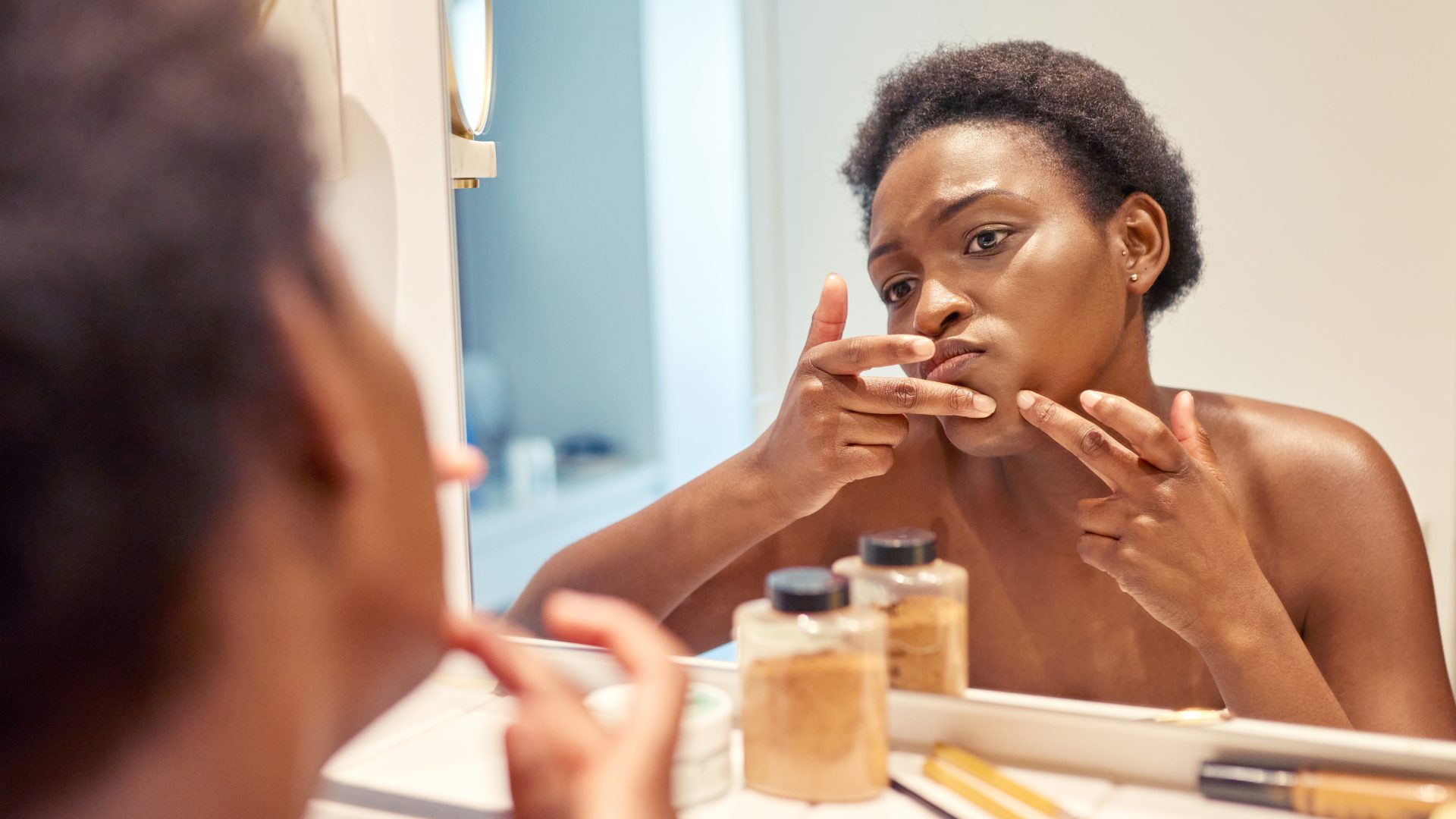
Summer means a lot of things — ice cream, music festivals, new albums and all of the fun things. For those of us with sensitive skin, it also means its breakout season. Not to be confused with hormonal acne, seasonal acne does not occur when there are changes in the hormonal system but as a response to the weather and outside environment. “The increased heat and humidity of the summer weather can cause excessive sweating and pore clogging they can lead to acne,” Dr. Alexis Stephens, Urban Skin Rx Consulting Dermatologist and Melanin Expert, explained to Girls United.
“Acne is an extremely common skin condition in which the cause is multifactorial,” Dr. Stephens added. “A person’s self-esteem can be dramatically and negatively impacted. This is why early intervention can make a major difference not only in the appearance of the skin but can have a positive psychosocial impact as well.”
See below for some of Dr. Stephens’ personal recommendation s for preventing summer breakouts during the warmer months of the year:
Summer Breakout Prevention:
“The best way to prevent breakouts in the summer is to get in front of the breakout. If you know that you’re going to be in a situation in which you would normally sweat a lot, bring a wipe or a small cleanser to help remove sweat, oil and debris immediately. You can also bring a mist or spray that contain ingredients such as niacinamide that can help to soothe the skin while regulating oil production.”
Best Products for Summer Acne:
“The number one ideal product to help with summer break out is a sunscreen that will not clog pores and can help to regulate oil production, and soothe the skin while calming down inflammation like the Urban Skin Rx Shineblock™ Oil Control Moisturizer SPF 30.
Using products with salicylic acid can help regulate oil within the pores while niacinamide can help to regulate oil on a superficial level. Benzoyl peroxide wash and Retinoids can also be very helpful for keeping acne at bay.”
Which Harmful Products To Avoid:
“In the summer you want to be careful to avoid using strong active ingredients or any type of products that can have photosensitivity during the highest peaks of sun exposure which are 10 AM to 2 PM. Products most likely to cause a reaction with the sun are AHAs and Hydroquinone. [W]hile, products containing retinol will be broken down by the sun and are generally not advised in the day time.”